Home>Articles>How Much To Build A Basement For A Modular Home
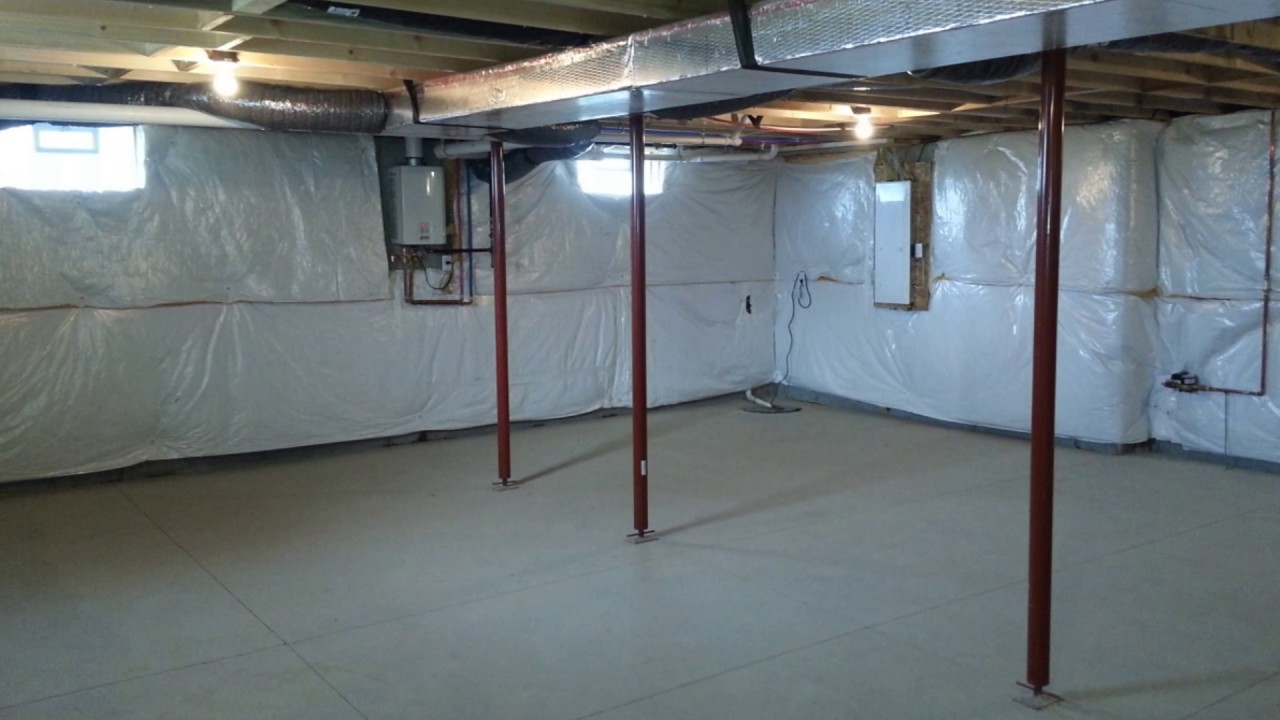

Articles
How Much To Build A Basement For A Modular Home
Modified: February 24, 2024
Get all the information you need about building a basement for a modular home in our informative articles. Find out the costs and steps involved.
(Many of the links in this article redirect to a specific reviewed product. Your purchase of these products through affiliate links helps to generate commission for Storables.com, at no extra cost. Learn more)
Introduction
When building a modular home, one important consideration is whether to include a basement. A basement can provide additional living space, storage, and even serve as a storm shelter. However, before deciding to add a basement to your modular home, it’s essential to understand the factors that can affect the cost and feasibility of this construction project.
Modular homes are built off-site in a factory-controlled environment and then transported to the desired location for installation. Adding a basement to a modular home requires careful planning and coordination between the manufacturer, contractor, and site preparation team.
In this article, we will explore the factors that can affect the cost of building a basement for a modular home. We will discuss the different foundation options, materials and labor costs, as well as additional considerations to keep in mind during the planning process. Whether you’re considering a basement for added space or simply for storage purposes, this article will provide valuable insights to help you make an informed decision.
Key Takeaways:
- Factors such as size, site conditions, foundation type, permits, and additional features significantly impact the cost of building a basement for a modular home. Careful planning and professional consultation are essential for accurate cost estimation.
- To save money on basement construction, proactive planning, comparing quotes, optimizing design, considering alternative foundations, DIY tasks, salvaged materials, strategic timing, and energy-efficient features are effective strategies. Prioritizing quality and safety is crucial while cutting costs.
Read more: How Much To Build A Basement Foundation
Factors Affecting the Cost of Building a Basement for a Modular Home
Building a basement for a modular home involves various factors that can impact the overall cost of the project. It’s important to consider these factors before making a decision, as they can significantly affect your budget. Here are some key factors to keep in mind:
- Size and Complexity: The size and complexity of the basement will play a significant role in determining the cost. Larger basements with complex designs, multiple rooms, or additional features like windows and exterior access will generally cost more to construct. Consider your specific needs and budget when determining the size and complexity of your basement.
- Site Conditions: The condition of the site where the modular home will be placed can affect the cost of building a basement. Factors such as the slope of the land, soil quality, and accessibility can impact the excavation and site preparation costs. If extensive excavation or additional foundation support is required, it can increase the overall cost of the project.
- Foundation Type: There are different types of foundations to consider for a modular home basement, including poured concrete, concrete block, and precast panels. Each foundation type comes with its own cost implications. Poured concrete foundations are typically the most expensive, while concrete block and precast panels can be more cost-effective options. The foundation type you choose will depend on factors such as budget, soil conditions, local building codes, and personal preferences.
- Permits and Regulations: Obtaining the necessary permits and ensuring compliance with local building codes is crucial when constructing a basement for a modular home. The cost of permits and any required inspections can vary depending on your location. It’s essential to factor in these costs when budgeting for your basement construction project.
- Additional Features: The inclusion of additional features in your basement, such as plumbing for a bathroom or a kitchenette, can increase the overall cost. These features will require additional materials, labor, and potentially additional permits. Consider your needs and budget carefully when deciding on the level of customization and additional features you want for your basement.
It’s important to consult with professionals, such as modular home manufacturers, contractors, and architects, to assess these factors and get accurate cost estimates for your specific project. By considering these factors and carefully planning your basement construction, you can ensure that the final cost aligns with your budget and meets your requirements.
Cost of Excavation and Site Preparation
Excavation and site preparation are crucial steps in building a basement for a modular home. The cost of these processes can vary depending on factors such as the size of the basement, soil conditions, and the accessibility of the site. Understanding the cost of excavation and site preparation is essential to budgeting for your basement construction project.
The first step in the process is clearing the site of any existing structures, debris, and vegetation. This typically involves the use of heavy machinery such as excavators and bulldozers. The cost of site clearing can range from a few hundred to a few thousand dollars, depending on the size and complexity of the site.
Once the site is cleared, excavation begins. Excavation involves digging out the area where the basement will be located. The depth of the excavation will depend on the desired height of the basement walls and the local building codes. Excavation costs can vary depending on factors such as the volume of soil to be removed, the type of soil, and any additional requirements such as soil stabilization or reinforcement. On average, excavation costs can range from $3,000 to $15,000.
After excavation, the site must be properly graded and prepared for the installation of the foundation. This may involve compacting the soil, adding a layer of gravel, or installing drainage systems to prevent water accumulation around the basement. The cost of site preparation will depend on the specific requirements of the site and can range from a few thousand to several thousand dollars.
It’s important to note that additional costs may arise during excavation and site preparation if any unforeseen issues are encountered. For example, if the soil is unstable or contains rock formations, additional measures may need to be taken to ensure the stability of the foundation. These unforeseen issues can increase the overall cost of excavation and site preparation.
To get an accurate estimate of the cost of excavation and site preparation for your modular home basement, it’s recommended to consult with a professional excavation contractor or construction company. They can assess the specific conditions of your site, consider any additional requirements, and provide you with a detailed cost estimate.
Foundation Options for Modular Home Basements
When building a basement for a modular home, there are several foundation options to consider. The choice of foundation will depend on factors such as budget, soil conditions, local building codes, and personal preferences. Each foundation type has its own advantages and cost implications. Here are some common foundation options for modular home basements:
- Poured Concrete Foundation: Poured concrete foundations are one of the most popular choices for building basements. This type of foundation is constructed by pouring concrete into a formwork that defines the shape and dimensions of the basement walls. Poured concrete foundations are durable, strong, and provide excellent support for the modular home. However, they can be expensive compared to other foundation options due to the cost of materials and labor involved.
- Concrete Block Foundation: Concrete block foundations are another common choice for modular home basements. This foundation type is built by stacking concrete blocks and reinforcing them with rebar and concrete grout. Concrete block foundations are more cost-effective compared to poured concrete foundations, making them a popular choice for budget-conscious homeowners. However, they may not be as strong as poured concrete foundations and may require additional insulation to meet energy efficiency standards.
- Precast Panel Foundation: Precast panel foundations are a relatively newer option for modular home basements. This foundation type involves using precast concrete panels that are manufactured off-site and then assembled on-site. Precast panel foundations offer quick and efficient installation, reducing labor costs and construction time. They are also highly durable and provide good insulation properties. However, the availability of precast panel foundation systems may vary depending on your location.
- Insulated Concrete Forms (ICFs): Insulated Concrete Forms (ICFs) are an alternative foundation option for modular home basements. ICFs consist of interlocking foam blocks or panels that are filled with concrete to create the foundation walls. ICFs provide excellent insulation properties, energy efficiency, and soundproofing capabilities. However, they can be more expensive compared to traditional foundation options due to the cost of the materials and the specialized labor required for installation.
It’s important to consult with professionals, such as modular home manufacturers, contractors, and architects, to determine the most suitable foundation option for your modular home basement. They can assess factors such as soil conditions, local building codes, and your budget to help you make an informed decision.
Additionally, it’s crucial to ensure that the chosen foundation option complies with building regulations and provides adequate support for the modular home. Proper foundation design and construction are essential for the safety, stability, and longevity of your modular home.
When budgeting for a basement for a modular home, consider factors such as the size of the basement, excavation costs, foundation materials, and labor. Get quotes from multiple contractors to ensure you get the best price.
Materials and Labor Costs for Basement Construction
Building a basement for a modular home requires a combination of materials and skilled labor. The cost of materials and labor will depend on factors such as the size and complexity of the basement, the chosen foundation type, and the region where the construction takes place. Understanding the materials and labor costs involved in basement construction is essential for budgeting effectively.
Materials Costs: The materials required for basement construction can include foundation materials, such as concrete, rebar, and waterproofing membranes, as well as framing materials for the walls, flooring, insulation, and finishing materials. The cost of these materials can vary depending on factors such as the quality and brand, as well as regional and seasonal price fluctuations. It’s recommended to consult with contractors or suppliers to get accurate estimates for the materials required for your specific project.
Labor Costs: The labor costs for basement construction will depend on the complexity of the project, the chosen foundation type, and the region where the construction takes place. Skilled labor is required for tasks such as excavation, foundation installation, framing, insulation, electrical and plumbing work, drywall installation, flooring, and finishing. Labor costs can vary significantly depending on factors such as the availability of skilled workers, labor rates, and the duration of the project. It’s advisable to obtain multiple quotes from reputable contractors to compare prices and ensure fair labor costs.
It’s important to note that additional factors can impact the overall cost of materials and labor. These factors can include any customization or added features you choose for your basement, such as a bathroom or kitchenette. Additionally, unforeseen issues or changes in design during the construction process can result in additional material and labor costs. It’s crucial to have a contingency fund built into your budget to account for any unexpected expenses.
To get accurate cost estimates for materials and labor, it’s recommended to consult with professionals, such as modular home manufacturers, contractors, or construction companies. They can assess the specific requirements of your project and provide you with detailed quotes based on your needs and budget.
Remember to prioritize quality when selecting materials and labor for your basement construction. Cutting corners to save costs upfront may result in additional expenses down the line due to repairs or inefficiencies. Therefore, investing in high-quality materials and skilled labor will not only ensure the durability and functionality of your basement but also contribute to the overall value of your modular home.
Additional Costs and Considerations for Building a Modular Home Basement
Building a modular home basement involves more than just excavation and construction. There are additional costs and considerations to keep in mind during the planning and construction process. These factors can impact the overall cost and feasibility of building a basement for your modular home. Here are some important considerations:
- Permits and Inspections: Obtaining the necessary permits and ensuring compliance with local building codes is crucial when building a basement. The cost of permits can vary depending on your location, and failure to obtain the required permits can result in costly fines or even the need for costly modifications later on. Additionally, inspections may be required at various stages of the construction process, which may involve additional fees.
- Utilities and Services: Adding a basement to your modular home may require extending utilities and services, such as water, electricity, and sewer lines, to the basement area. These additional connections may incur extra costs, including materials and labor for installation and the ongoing costs of utility services for the basement area.
- Waterproofing and Drainage: Proper waterproofing and drainage are crucial for maintaining a dry and functional basement. Depending on the location and soil conditions, additional measures may be required to ensure proper water management, such as installing sump pumps, drainage systems, and waterproofing membranes. The cost of these measures will depend on the specific requirements of your basement and site conditions.
- Ventilation and HVAC System: A basement requires proper ventilation to prevent moisture buildup and maintain a comfortable environment. This may involve installing vents, fans, or a dedicated HVAC system for the basement area. The cost of ventilation and HVAC systems will vary depending on the size and complexity of the basement, as well as regional HVAC installation rates.
- Finishing and Interior Design: Once the structural work is complete, there will be additional costs associated with finishing the interior of the basement. This can include drywall installation, flooring, painting, lighting fixtures, plumbing fixtures, and any additional features or customizations you desire. The cost of finishing will depend on the materials and finishes selected, as well as the level of customization and complexity of the design.
It’s important to factor these additional costs and considerations into your overall budget for building a modular home basement. Consulting with professionals, including modular home manufacturers, contractors, and architects, can help you identify and estimate these costs accurately based on your specific project requirements and location.
Keep in mind that while these additional costs may represent an investment upfront, they can enhance the functionality, comfort, and value of your basement for years to come. Proper planning, budgeting, and attention to detail will ensure a successful and cost-effective basement construction project.
Tips for Saving Money on Basement Construction for a Modular Home
Constructing a basement for a modular home can be a significant investment. However, there are several strategies you can employ to save money during the construction process. By being proactive and making informed choices, you can reduce costs without compromising on the quality or functionality of your basement. Here are some tips for saving money on basement construction for a modular home:
- Plan Ahead: Careful planning is essential to avoid costly changes or delays during the construction process. Make sure to have a clear vision of your basement design and layout before starting the project. Consider your current and future needs to avoid costly modifications down the line.
- Compare Quotes: Obtain multiple quotes from reputable contractors and suppliers. Compare prices and carefully review the detailed breakdown of costs to identify any discrepancies or potential areas for cost-saving opportunities. However, be cautious of exceptionally low quotes, as they may indicate subpar quality of work or materials.
- Optimize the Design: Simplify the design of your basement to reduce construction complexities and costs. A straightforward layout can minimize the need for additional materials, labor, and specialized construction techniques. Additionally, avoid unnecessary customizations or features that may significantly increase expenses.
- Consider Alternative Foundation Options: Depending on the soil conditions and local building codes, you may have various foundation options available. Compare the costs of different foundation types, such as poured concrete, concrete block, precast panels, or insulated concrete forms (ICFs). Choose the foundation type that best suits your needs and budget.
- Do Some DIY: Take on certain tasks that you feel comfortable and capable of doing yourself. For example, you may be able to handle painting, minor electrical work, or installing fixtures. However, be cautious and only tackle tasks that you are confident in completing correctly to avoid costly mistakes or safety issues.
- Consider Salvaged Materials: Explore the use of salvaged or recycled materials for certain parts of the basement construction. For instance, consider reclaimed wood for flooring or salvaged fixtures and appliances. Not only can this save money, but it also adds a unique character to your basement design.
- Timing: Consider the timing of your basement construction project. Contractors may offer lower rates during their off-peak seasons or when they have gaps in their schedule. By scheduling the construction during these times, you may be able to negotiate better rates or take advantage of special promotions.
- Energy Efficiency: Pay attention to energy-efficient features when selecting materials and appliances for your basement. Investing in energy-efficient options upfront can result in long-term cost savings on utility bills. Additionally, check if you qualify for any local or federal energy efficiency incentives or rebates.
Remember, while it’s important to find ways to save money, it’s equally crucial to prioritize quality and durability. Cutting corners on essential aspects of construction can lead to costlier repairs or replacements in the future. Ensure that any cost-saving measures you employ do not compromise the structural integrity or safety of your basement.
By implementing these tips and being proactive in your approach, you can save money on basement construction for your modular home without sacrificing your vision or the quality of the final result.
Conclusion
Building a basement for a modular home can provide additional space, functionality, and value to your property. However, it’s important to consider the factors that can impact the cost and feasibility of this construction project. By understanding the various aspects involved in basement construction, you can make informed decisions and plan effectively.
We explored the factors affecting the cost of building a basement for a modular home, including size and complexity, site conditions, foundation options, permits and regulations, and additional features. Each of these factors plays a crucial role in determining the overall cost and success of your basement construction project.
Excavation and site preparation are significant aspects that can affect the cost of building a basement. The foundation type you choose, such as poured concrete, concrete block, precast panels, or insulated concrete forms (ICFs), also impacts material and labor costs. Furthermore, there are additional costs to consider, including permits and inspections, utilities and services, waterproofing and drainage, ventilation and HVAC systems, and finishing and interior design.
To save money on basement construction, it’s essential to plan ahead, compare quotes, optimize the design, consider alternative foundation options, and potentially take on some DIY tasks. Additionally, exploring salvaged materials, timing the construction project strategically, and incorporating energy-efficient features can help reduce costs in the long run.
Remember, while saving money is important, it’s crucial not to compromise on the quality and safety of your basement. Working with reputable contractors, modular home manufacturers, and architects will ensure that your project meets the necessary standards and regulations.
In conclusion, building a basement for your modular home requires careful consideration, planning, and budgeting. By understanding the factors that influence the cost, exploring cost-saving strategies, and working with professionals, you can create a functional and valuable addition to your modular home that enhances your living space for years to come.
Frequently Asked Questions about How Much To Build A Basement For A Modular Home
Was this page helpful?
At Storables.com, we guarantee accurate and reliable information. Our content, validated by Expert Board Contributors, is crafted following stringent Editorial Policies. We're committed to providing you with well-researched, expert-backed insights for all your informational needs.
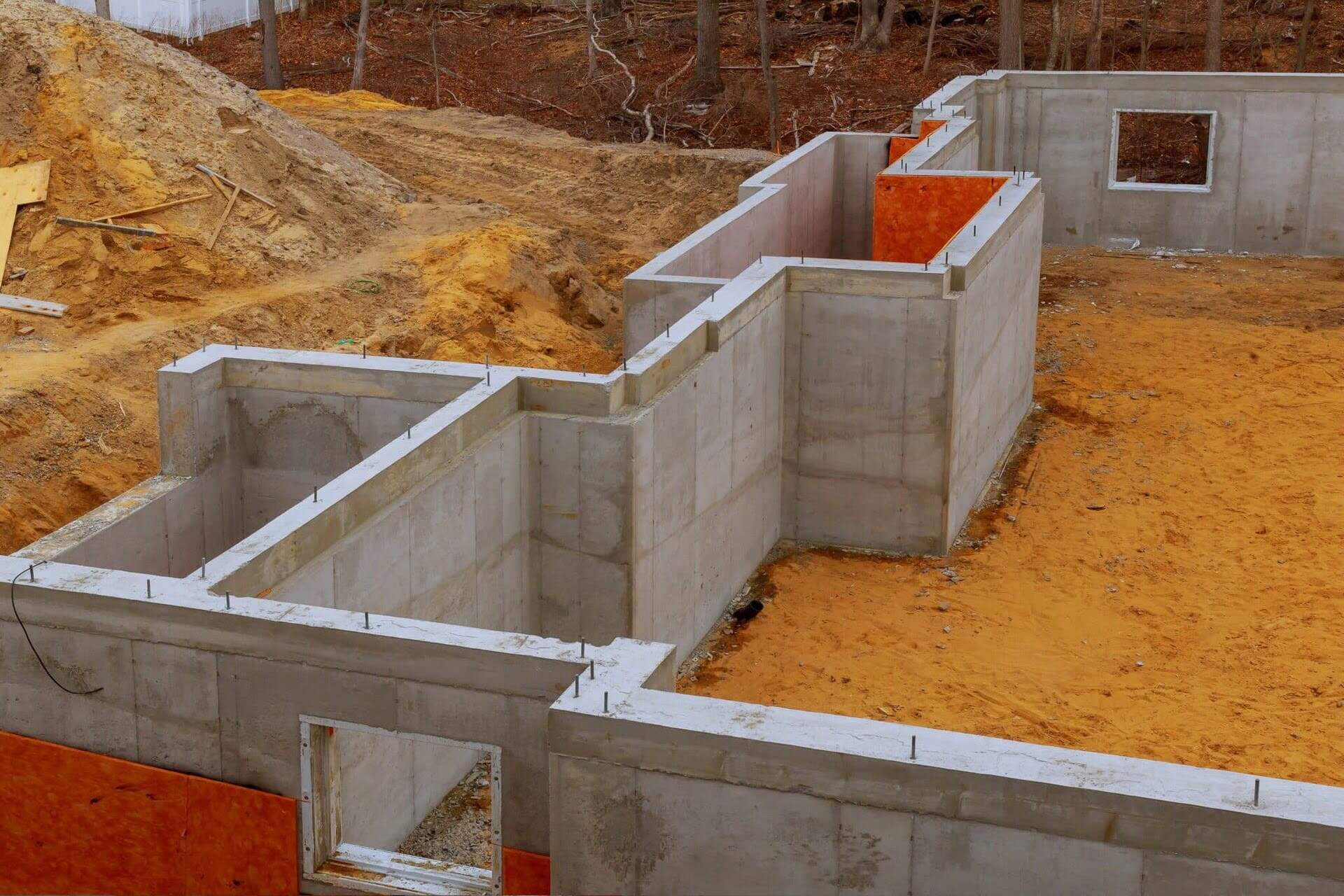
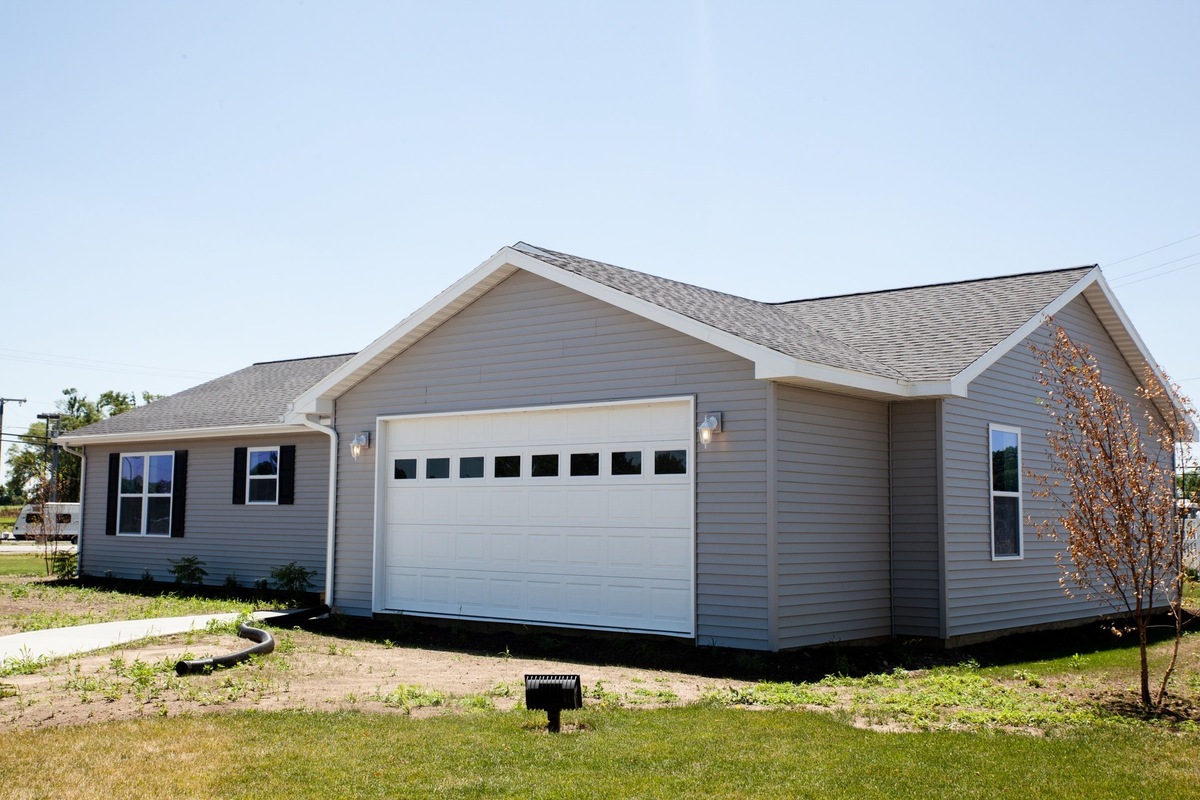
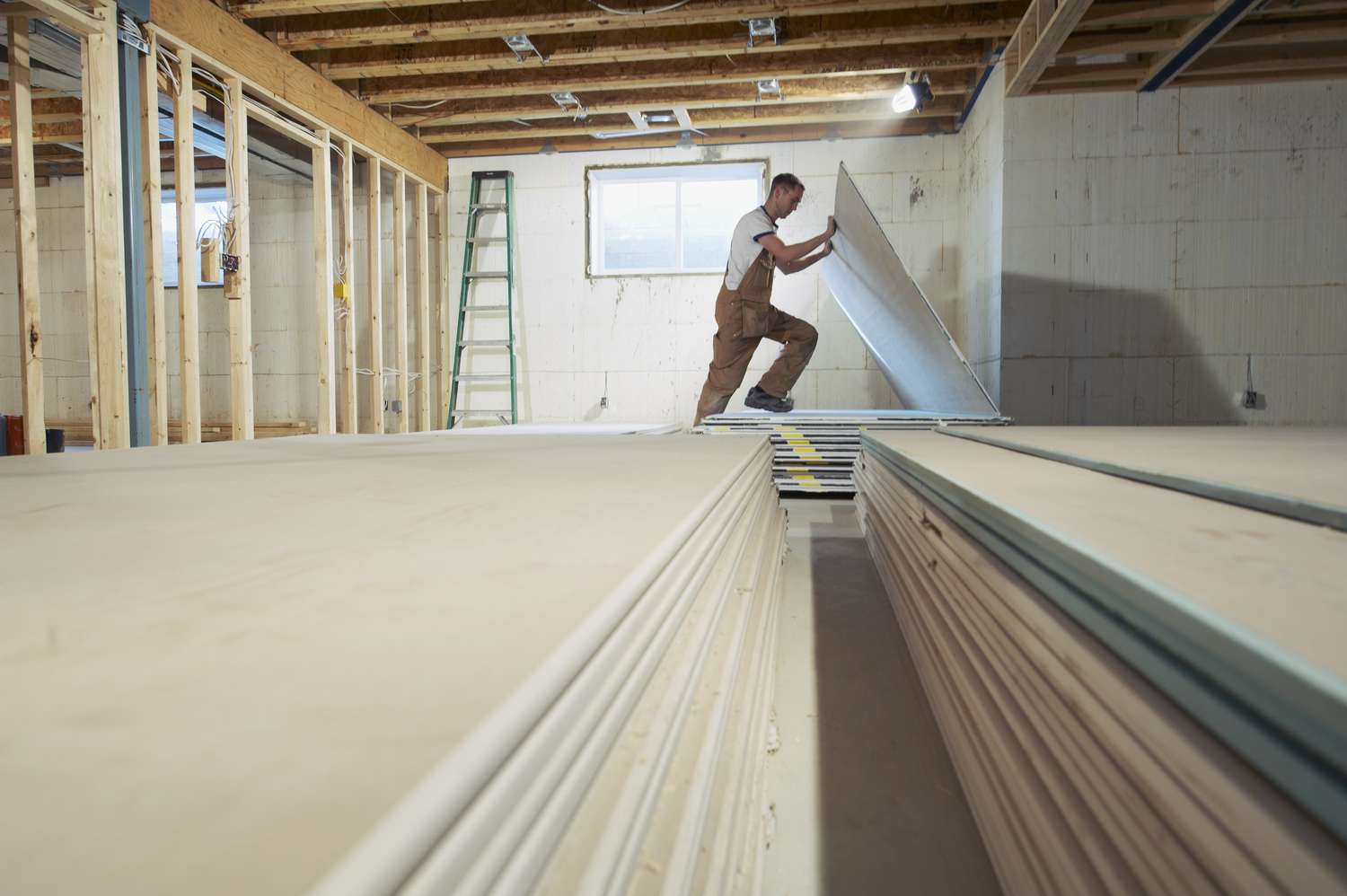
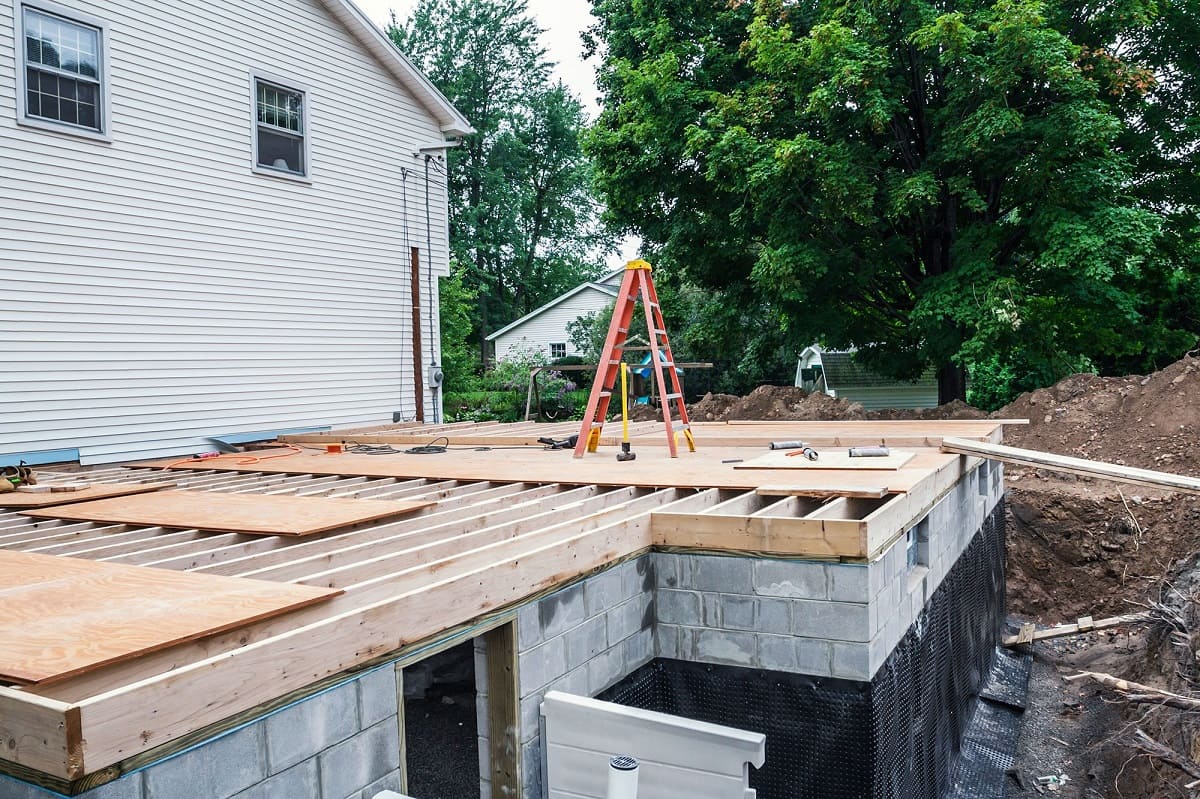
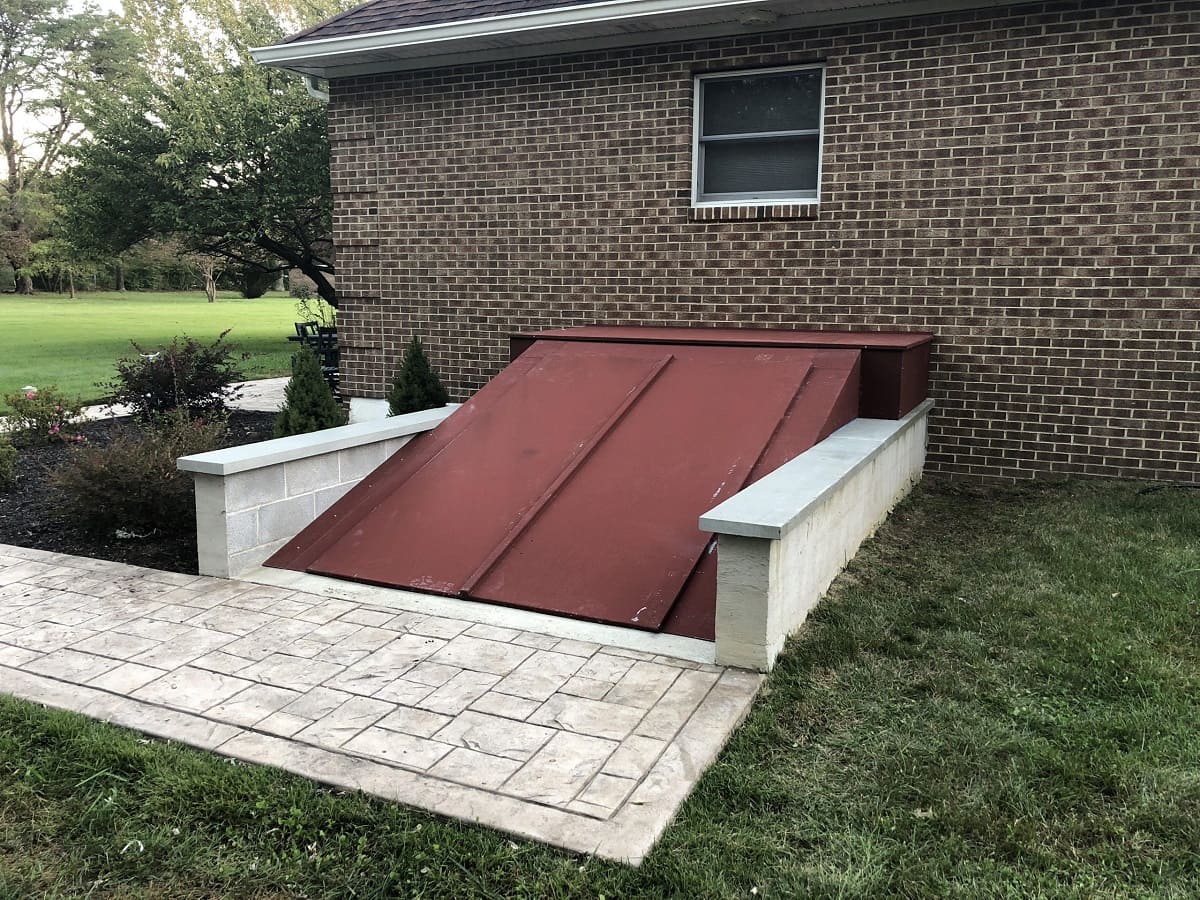
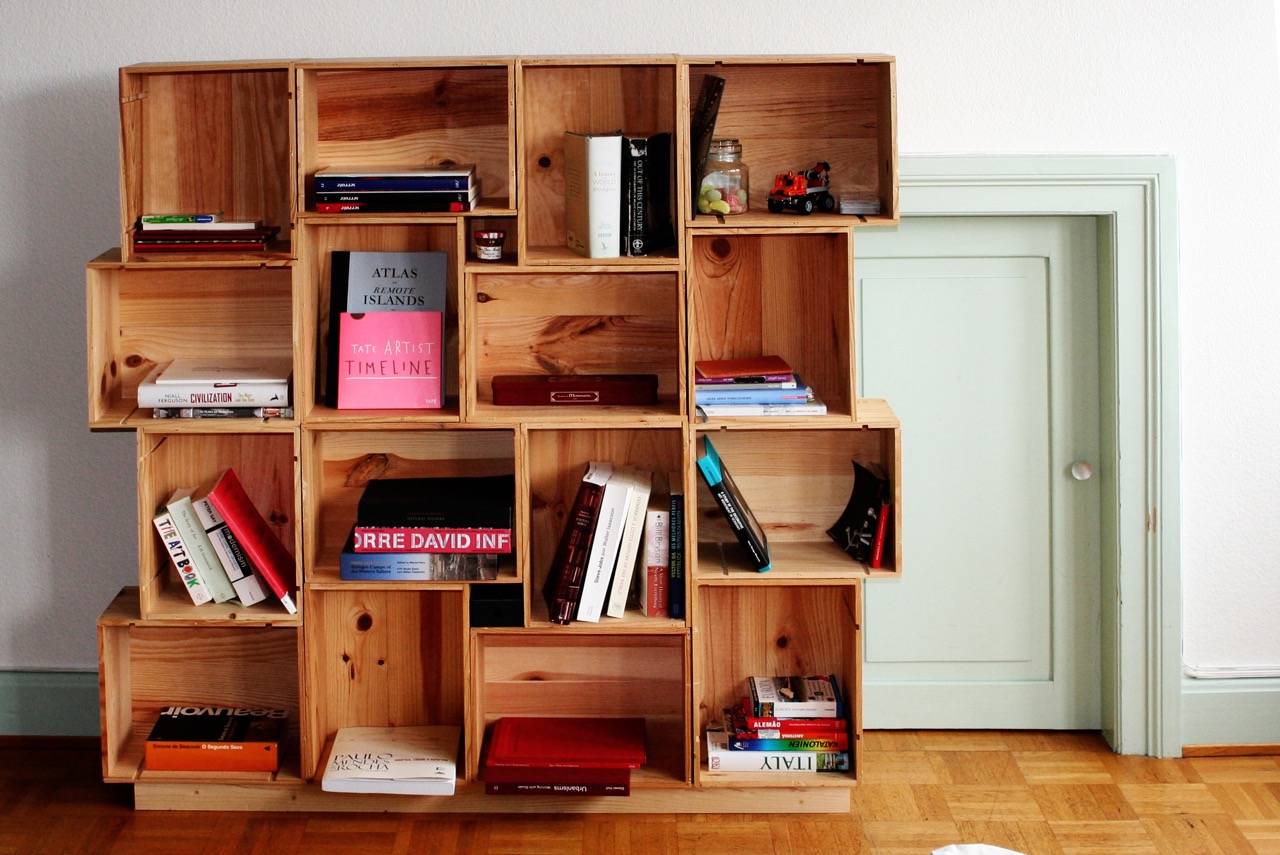
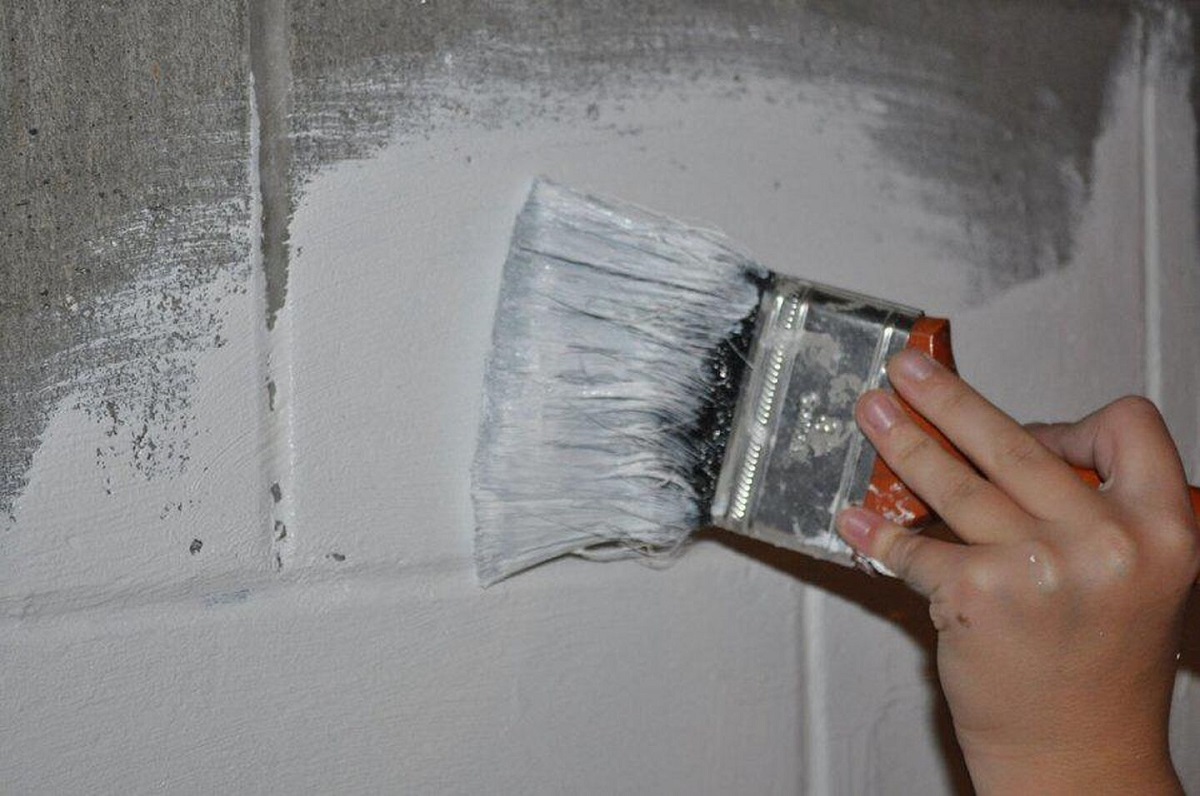
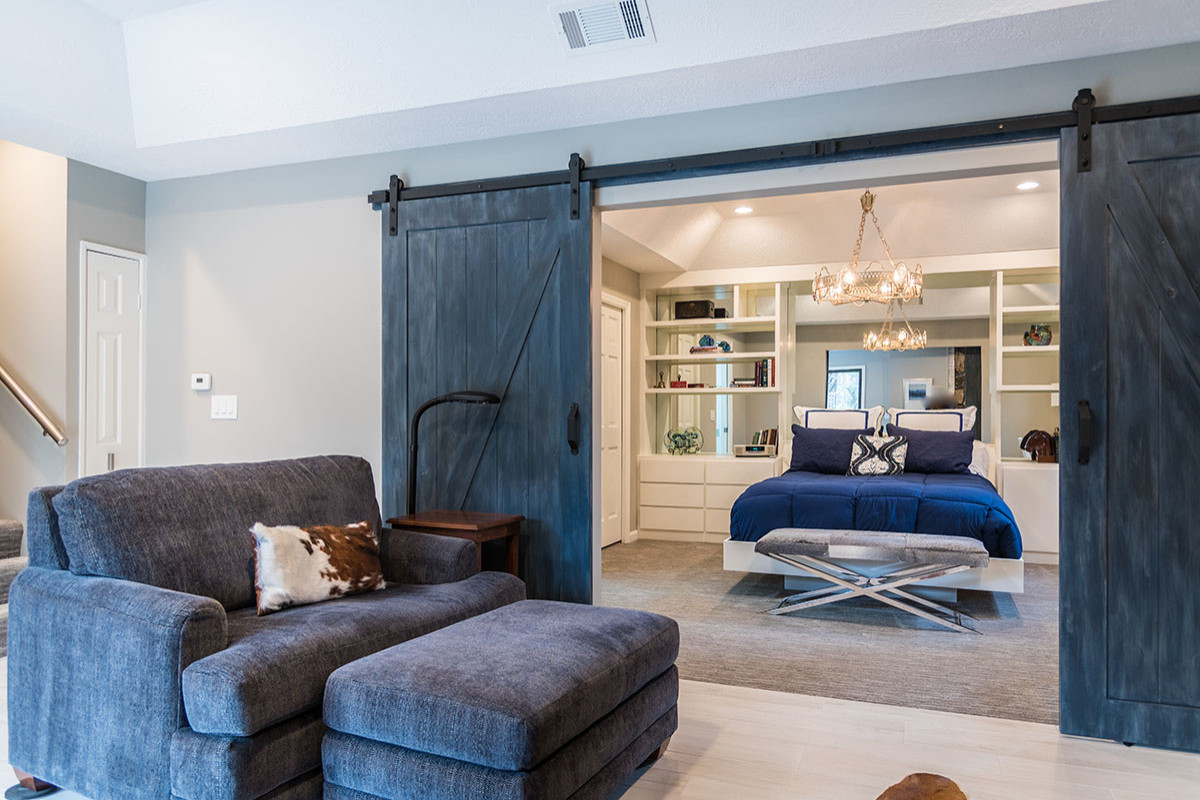
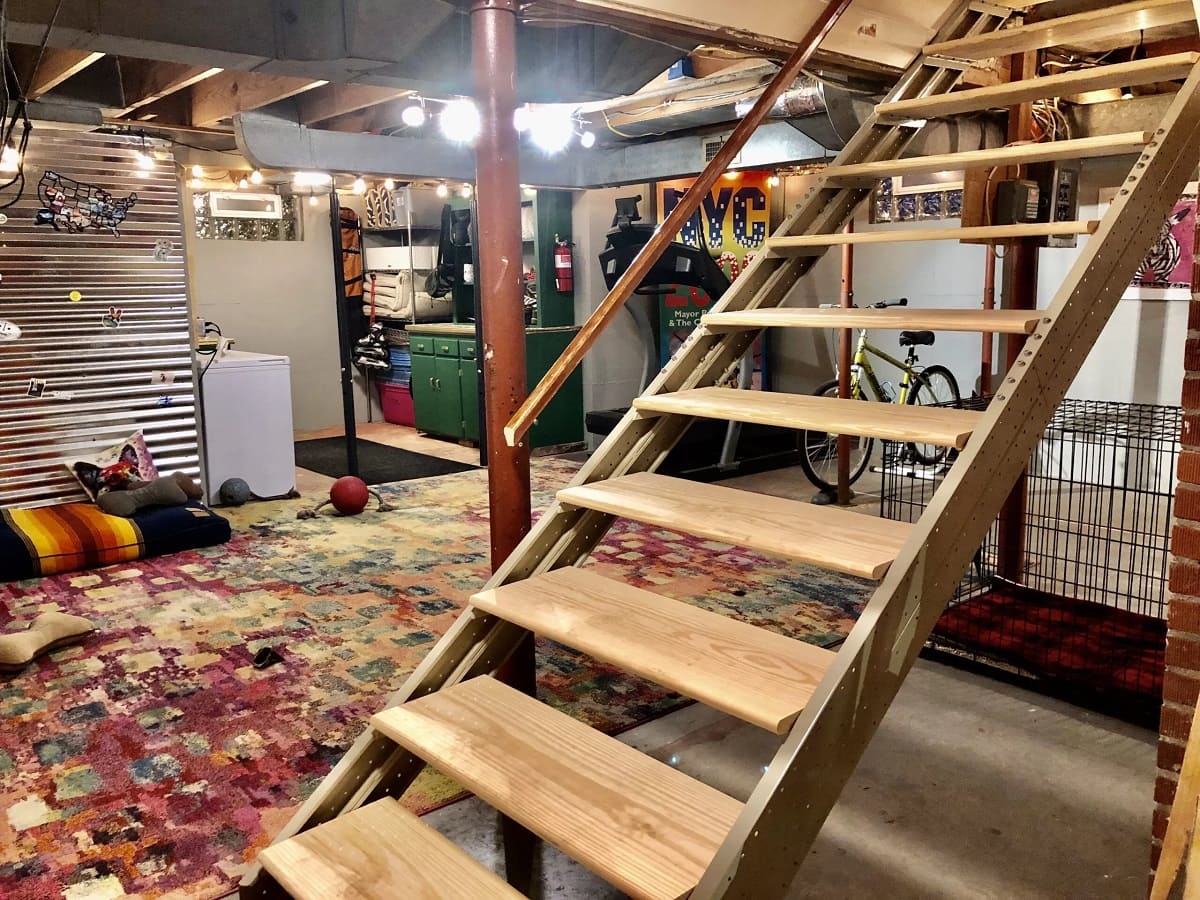
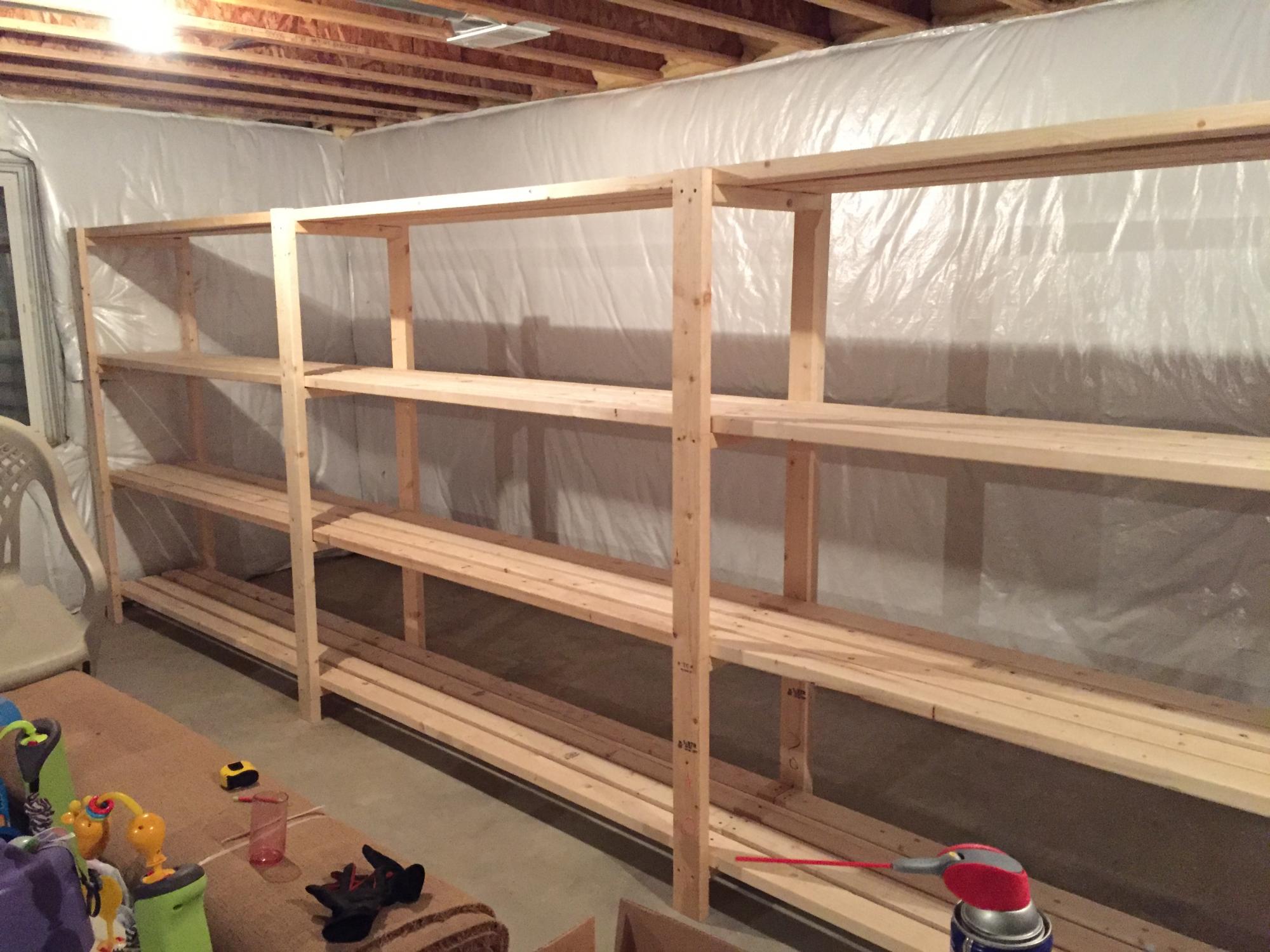
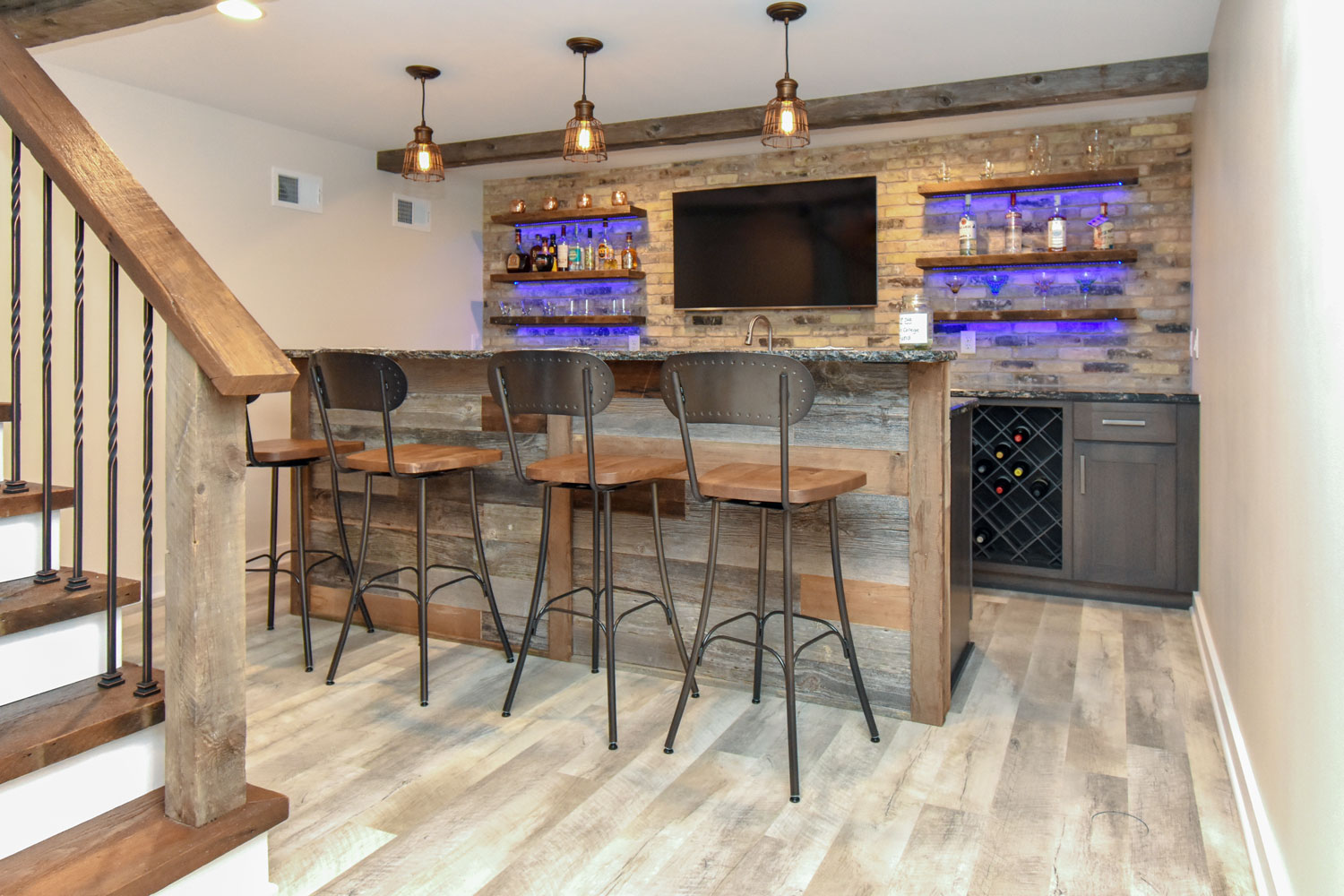

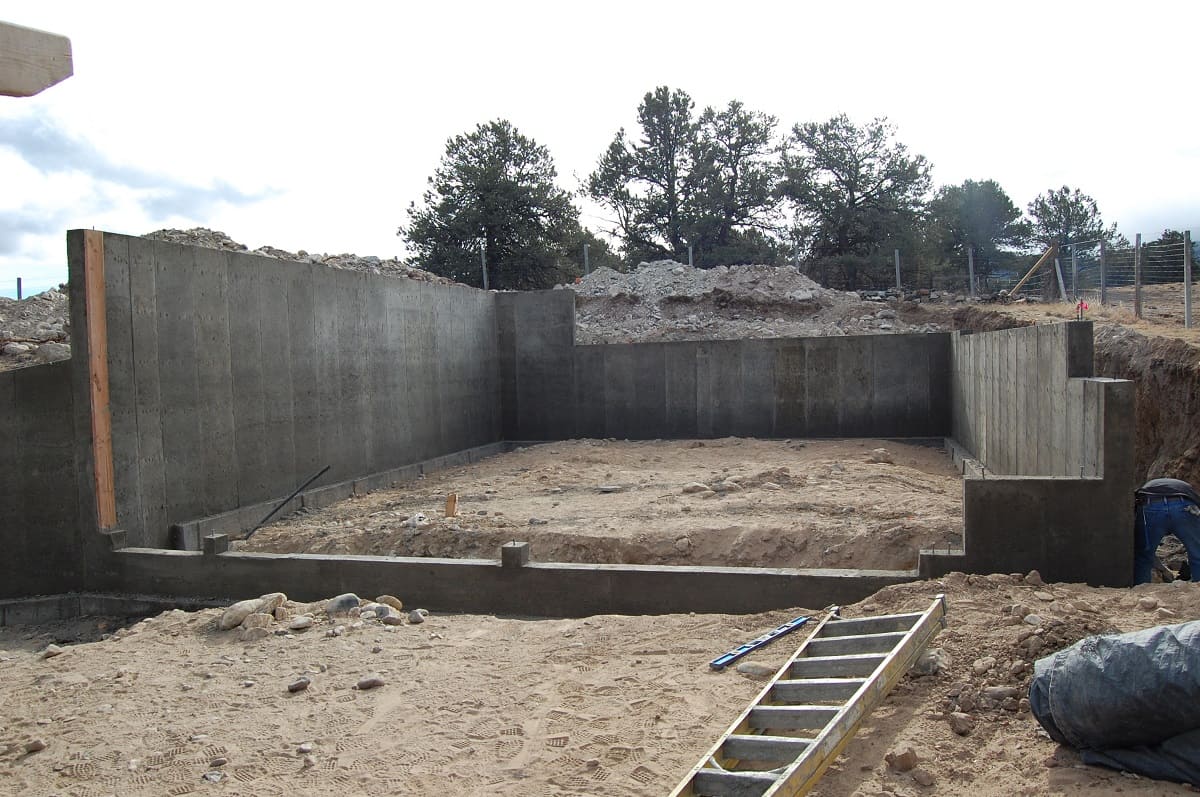
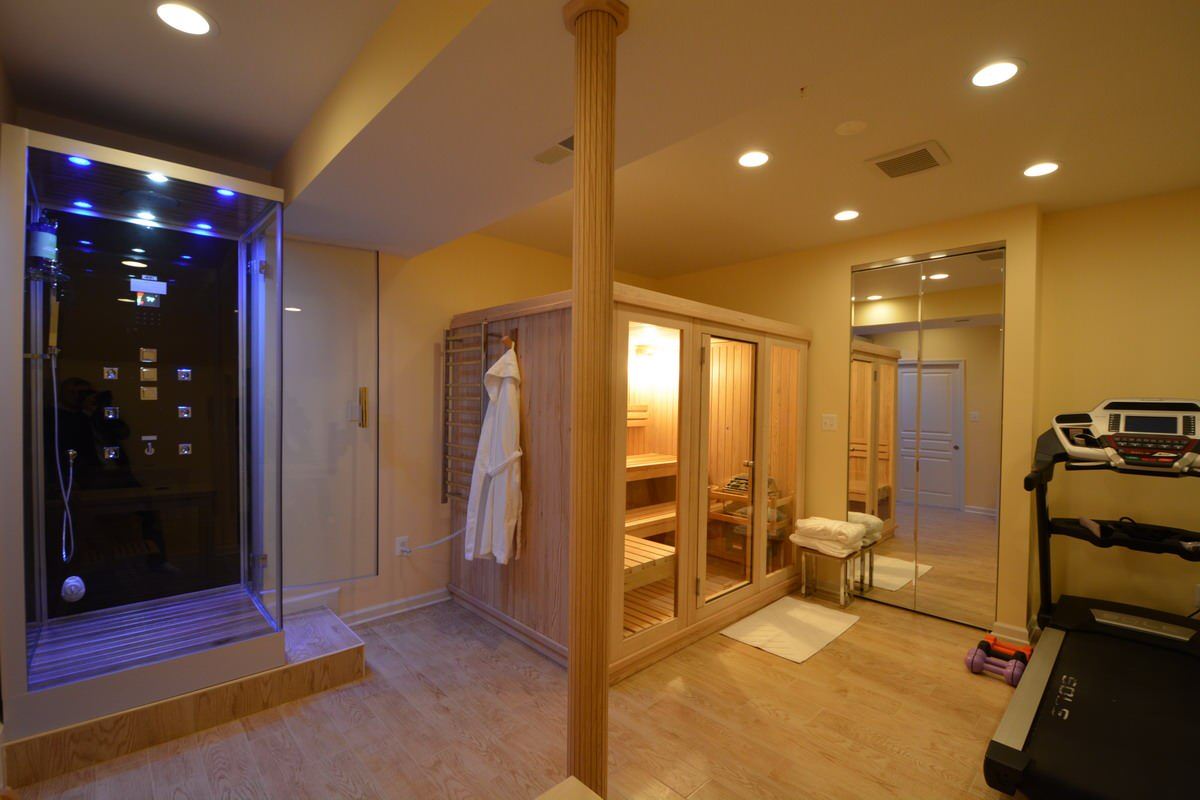

0 thoughts on “How Much To Build A Basement For A Modular Home”